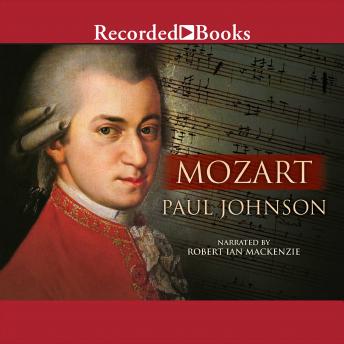


When I studied the score and the text, I discovered that it talks about power structures in our society: Don Giovanni, servants like Leporello, but also the farmers’ community in Masetto. “Don Giovanni” became for me suddenly a very contemporary opera. This man has been idolized as a libertine - his mission is “Viva la libertà” - but his own freedom, not the freedom of other people. I had always found it a bit difficult to accept that Donna Anna is a little bit in love with him while she’s raped in the first scene, and then a few minutes later he kills, without any reason, her father. Mozart had a clear point of view on the character. When I saw this title, a lot of doors opened. My starting point was something that people often forget: The original title was “Il Dissoluto Punito, Ossia il Don Giovanni”. You have to deepen the emotions, not play it light or funny, which is not really what it is anyway. If you start to do comedy, it doesn’t work then it’s about nothing. And that’s where it gets even more challenging - there are these buffa parts, that even those huge directors that I’ve seen fail at. The first act is sharp as a knife, and the second is almost repeating the things we have seen, but developing them deeper. And I’ve seen another one in Salzburg by my idol, Patrice Chéreau, whose work I used to see in Paris all the time when I was young, with my little car and no money, driving back after the show was over.Ī challenge is that it’s very long.

I’ve seen Michael Haneke’s in Paris, and that was modern, with Don Giovanni as the C.E.O. There was Peter Brook’s, with Peter Mattei it was a minimalist staging but very powerful.

When all the pieces fall into place, “Don Giovanni” unfurls with a sublime, graceful beauty that a casual listener might find straightforward, even light. And, in true operatic fashion, its telling is equally dependent on a conductor’s momentum, and actorly, complex expression from the singers. Without the hand of a confident director, the story rapidly sags. Its score runs nearly three hours with major events at the beginning and end - Giovanni murders the father of a woman he nearly rapes, then later is dragged to hell - but little in between other than characters repeating mistakes, as if in loops of unhealthy habits. Particularly tough to stage is “Don Giovanni,” which returns to the Metropolitan Opera in a new production on May 5, with Peter Mattei in the title role. In that second category fall Mozart’s three collaborations with the librettist Lorenzo Da Ponte - “Le Nozze di Figaro,” “Don Giovanni” and “Così Fan Tutte” - works of slippery psychology, frank humanity and, crucially, crystalline construction that punishes any mistake onstage or in the orchestra pit. And then there are those that seem simple but are actually some of the most difficult. There are operas that are challenging for their sheer technical demands - the density of Berg’s “Lulu” or the heroic immensity of Wagner epics.


 0 kommentar(er)
0 kommentar(er)
